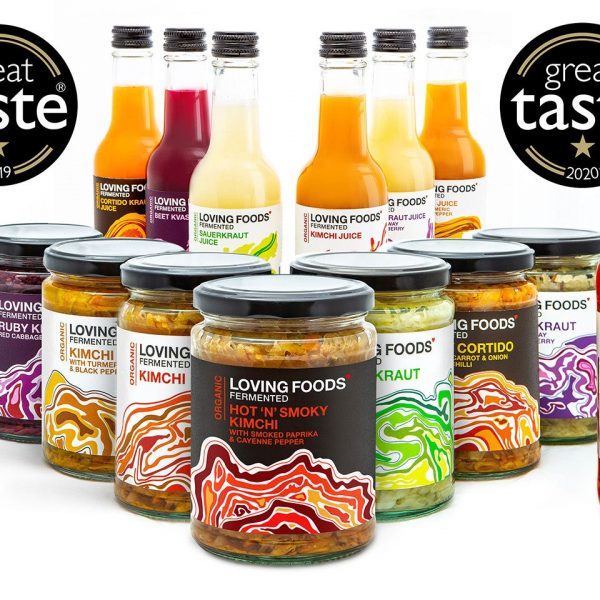When we look back at the early days of ecommerce in the 1990s, it’s crazy to see how much things have changed. In the beginning, the idea of shopping online was a novelty at best – an invention that most viewed with caution, rightly wary of sharing their bank details with strangers online. Then, slowly, marketplaces such as eBay began to change the way that we viewed e-commerce. But even then, these sites were little more than online jumble sales, filled with cast-offs and second-hand items.
Two decades later, e-commerce is everywhere, as intrinsic a part of our everyday lives as the internet itself. But now, there is a new shift underway. For the first time, online marketplaces are taking over from standalone e-commerce outlets – and according to experts, the sky’s the limit.
Even before the pandemic, online marketplaces such as Amazon had risen to become some of the most powerful companies in the world. But as coronavirus spread across the globe and we were forced to rethink our shopping habits, more people than ever before turned their backs on the high street and opted for internet shopping instead. And that trend is showing no signs of slowing down.
Increasingly, experts can reveal, shoppers are turning to online marketplaces to fulfill their needs. And over the next three years, they expect the industry to see a staggering 15 percent of annual growth. By 2025, it’s predicted, marketplaces such as eBay, Expedia and Amazon will have overtaken e-commerce outlets in terms of revenue.
So what is driving this change? Well, part of the appeal of marketplaces is that they present a good deal to both shoppers and sellers alike. For customers, they offer convenience, choice and security, while vendors are drawn by the chance to expand their reach and simplify their sales process.
According to the consulting company OC&C Strategy Consultants, this shift represents a “fundamental change in consumer spending habits.”
“Online marketplaces are rapidly becoming the first port of call for both customers and suppliers, and the days of these platforms being a hub for jumbled second-hand stock are well behind us,” the firm’s Mostyn Goodwin told the commerce website Charged Retail in January 2022. “While Covid-19 has undoubtedly accelerated the shift to online, the inexorable share gain by marketplaces shows no sign of slowing.”







